1. Introduction to Pipeline Scraper Pig
The Pipeline Scraper Pig, also known as a polyurethane foam pig, is an essential tool used in the maintenance and cleaning of pipelines across various industries. Manufactured by EMT Pigging, this device is crafted from polyurethane and is known for its versatility and effectiveness in a range of pipeline applications including liquid removal, drying, sweeping, and general cleaning.
2. Key Attributes of the Pipeline Scraper Pig
- Product Name: EMT Manufacturing Pipeline Scraper Pig
- Material: Polyurethane, available in three different densities (light, medium, and heavy)
- Type: Available with or without steel brushes for enhanced cleaning capability
- Density Ranges:
- Light Density: 0.02-0.03 g/cm³
- Medium Density: 0.08-0.12 g/cm³
- Heavy Density: 0.13-0.16 g/cm³
- Features:
- High wear resistance
- Good cleaning performance
- Cost-effective solution
- Color: Typically red, aiding in visibility
- Certifications: ISO 9001 certified
- Place of Origin: Liaoning, China
- Port: Dalian, China
3. Industry-Specific Attributes of Foam Pigs
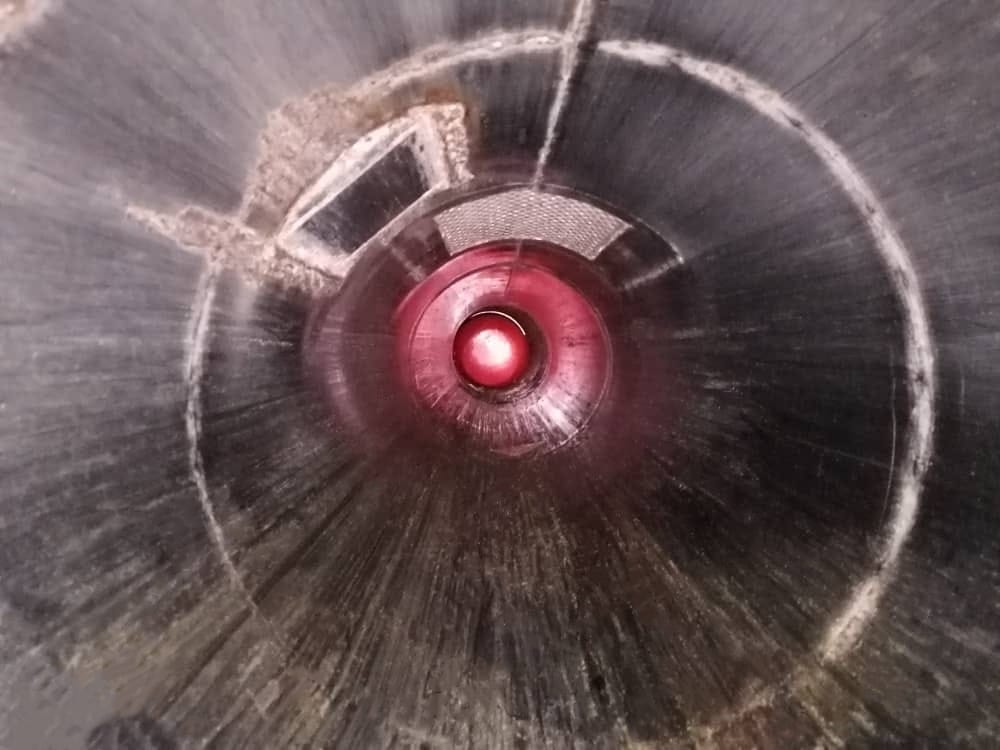
Foam pigs, with their versatile and cost-effective nature, are widely utilized in various industries for pipeline maintenance, cleaning, and inspection. Below is an expanded look at the specific attributes and applications of foam pigs in key industries:
1. Oil & Gas Pipeline:
- Routine Maintenance. Regular checks and cleaning to ensure pipeline efficiency and safety, preventing build-ups that could lead to blockages or corrosion.
- Pipeline Cleaning. Removal of wax, scale, and other deposits that accumulate inside the pipelines which can impede flow efficiency and increase the risk of corrosion.
- Inspection. Used in conjunction with intelligent pigging systems to provide data on the condition of the pipeline infrastructure, helping in early detection of potential issues like cracks or leaks.
2. Building Material Shops:
- Cleaning Ducts. Ensuring air ducts and other conveyance systems are free from construction dust, debris, and other particulate matter that can accumulate during building operations.
- Debris Removal. Ideal for post-construction clean-ups, ensuring that HVAC systems and other pipeline installations are clean before building occupancy.
3. Construction Works:
- Pipeline Integrity. Foam pigs are used to maintain clean pipes to ensure no blockages affect the quality or flow of materials, especially in systems transporting concrete or other mixtures.
- Quality Assurance. Regular pigging ensures that newly constructed pipelines are free from construction debris, welding slag, and other residues before they are put into operation.
4. Energy & Mining:
- Maintenance of Slurry Pipelines. Critical for removing accumulated sediments and residues that can degrade pipeline performance.
- Operational Efficiency. Regular cleaning helps in preventing downtime and maintaining continuous flow of resources, which is crucial in mining operations.
5. Food & Beverage, Chemical, and Petrochemical Industries:
- Preventing Contamination. Ensures that pipelines are sterile and free from any residues that could contaminate food products, chemicals, or petrochemicals.
- Product Integrity. Regular pigging maintains the internal cleanliness of pipes, thus ensuring that the final product is of the highest quality and free from impurities.
- Sanitation Protocols. Foam pigs help in complying with strict industry sanitation standards, essential in industries where purity and cleanliness are paramount.
6. Cosmetic and Pharmaceutical Industries:
- Contamination-Free Production Lines. Ensures that pipelines used in the manufacture of cosmetics and pharmaceuticals remain free of contaminants that could compromise product safety and efficacy.
- Regulatory Compliance. Helps in meeting stringent health and safety regulations that govern these industries, ensuring that all pipeline systems are clean and free from any potential contaminants.
- Quality Control. Regular pigging is part of the quality control process, ensuring that all products meet the required standards before they reach consumers.
4. Applications and Advantages of Foam Pigs
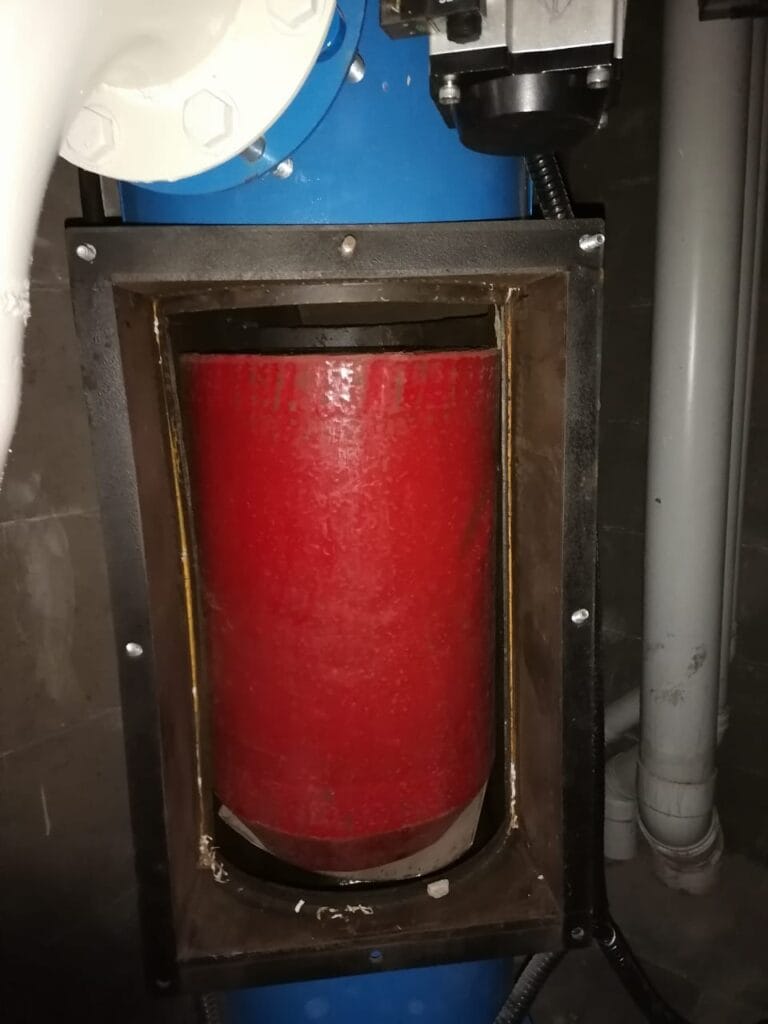
Foam pigs are highly versatile tools used primarily for pipeline maintenance and cleaning across various industries. Here’s an expanded look at their applications and advantages:
Expanded Applications
- Drying and Cleaning Pipelines After Hydrotesting:
- Purpose: Once hydrotesting is completed, foam pigs are used to remove the test water and dry the pipeline to prevent corrosion and prepare it for operation.
- Process: They absorb residual moisture and scrape away any particulates left behind, ensuring the pipeline is dry and clean.
- Removing Accumulated Fluids and Debris in Pipelines:
- Routine Cleaning: Essential for the removal of operational and natural accumulations such as condensate, scale, or bacterial growth within the pipelines.
- Emergency Cleaning: Used in response to unexpected shutdowns or after detecting performance drops, helping to quickly restore pipeline capacity and efficiency.
- Maintenance Cleaning to Ensure Pipeline Efficiency and Safety:
- Preventative Maintenance: Regularly scheduled cleaning that helps in identifying potential issues before they become serious problems, thus maintaining the operational integrity of pipelines.
- Operational Safety: By keeping pipelines clear of blockages, foam pigs enhance the overall safety, preventing pressure build-ups and ensuring the structural integrity of the pipeline system.
Expanded Advantages
- Flexibility:
- Adaptability: Foam pigs are capable of navigating through complex pipeline architectures including tight bends, multi-dimensional piping, and varying diameter sections without causing damage to the pipe or the pig.
- Material Compatibility: They are made from materials that are non-abrasive to the internal pipeline surfaces, making them suitable for a variety of piping materials including steel, plastic, and composite.
- Efficiency:
- Comprehensive Cleaning: Their soft yet durable structure allows them to conform to the pipe interior, providing effective surface contact and removing debris and liquids efficiently.
- Reduced Downtime: By maintaining pipelines in clean condition, they minimize the need for mechanical cleaning and the associated downtimes.
- Cost-Effectiveness:
- Affordable Solution. Foam pigs offer a low-cost alternative to more expensive mechanical pigs or chemical cleaning solutions.
- Reduced Wear and Tear. Regular use of foam pigs can extend the life of the pipeline by preventing the build-up of harmful materials that can cause corrosion or abrasion.
- Light Weight:
- Ease of Handling. Their light weight makes them easy to insert and remove from pipelines, requiring less manpower and mechanical assistance.
- Transport Efficiency. Being lightweight also reduces transportation costs and logistical complexity, especially when dealing with remote pipeline sections.
- Location Tracking:
- Enhanced Monitoring. Foam pigs can be equipped with RFID tags or transponders that allow for real-time tracking during the pigging operation.
- Improved Precision. This capability ensures that specific sections of the pipeline can be targeted for inspection and cleaning, and helps in the immediate location of any pig stuck or lost within the pipeline.


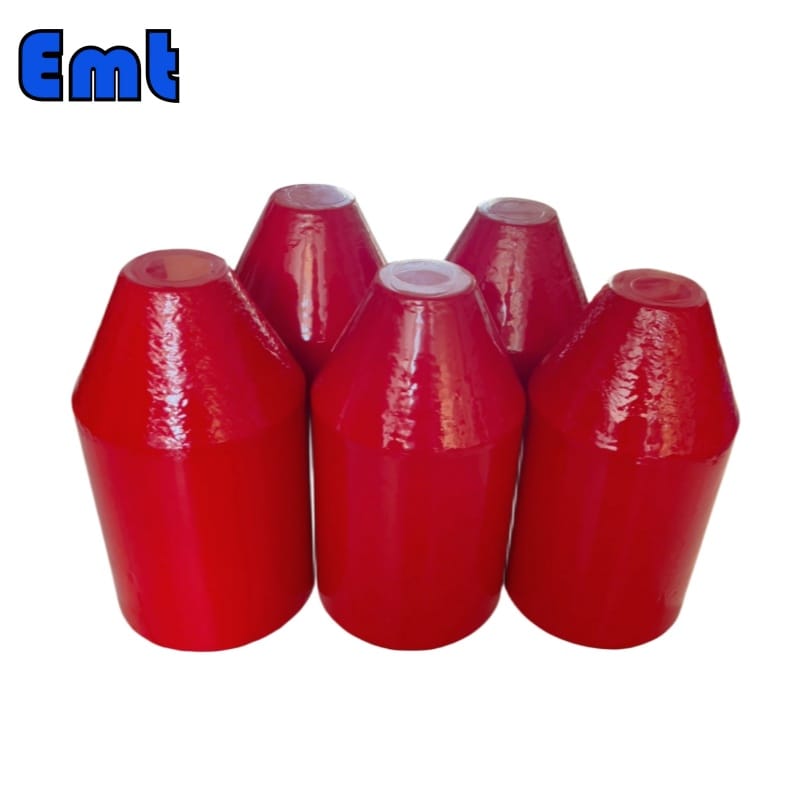
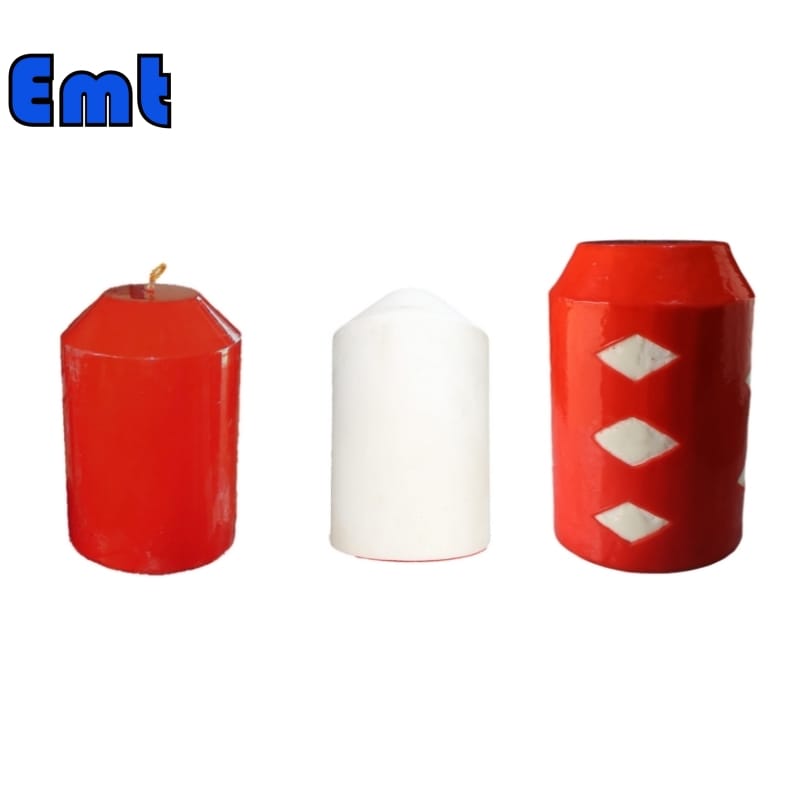
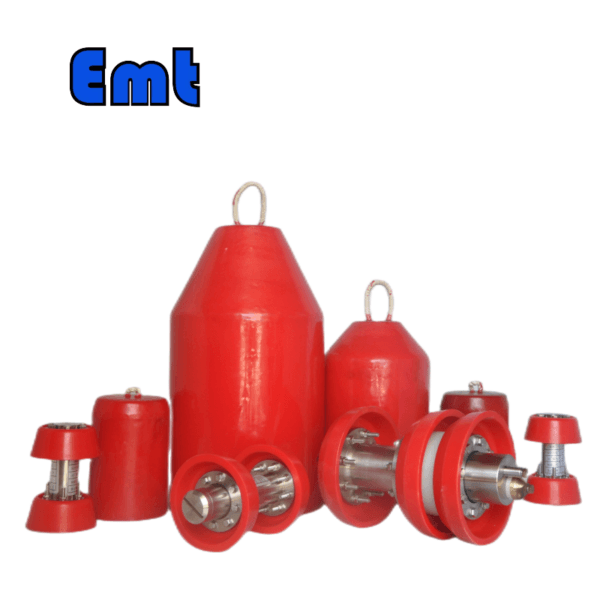
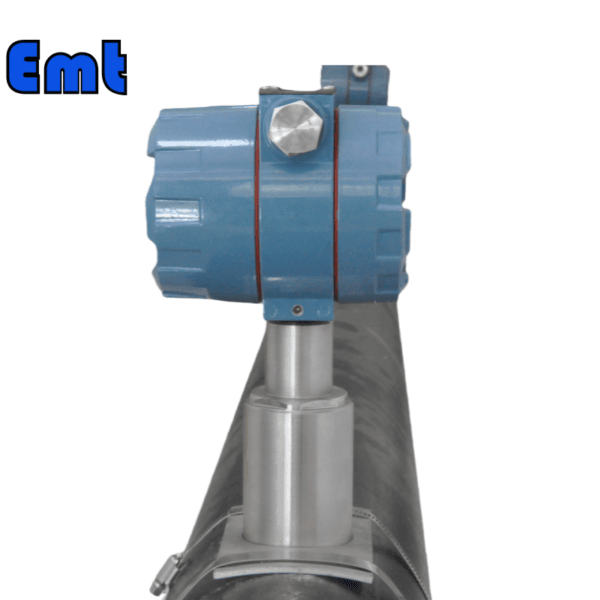
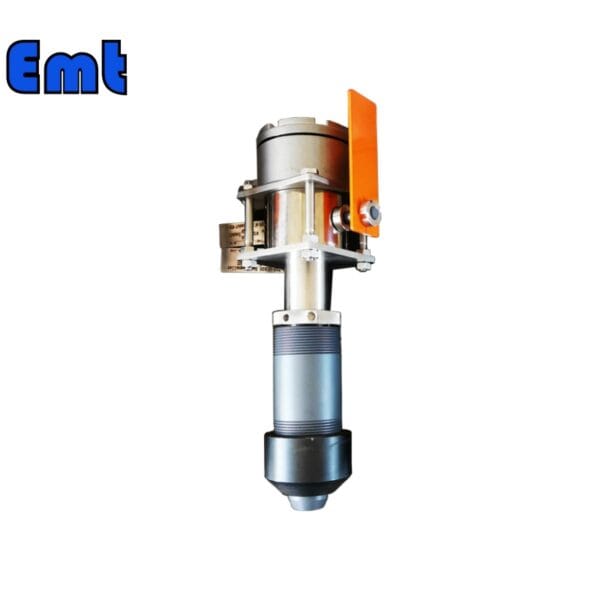
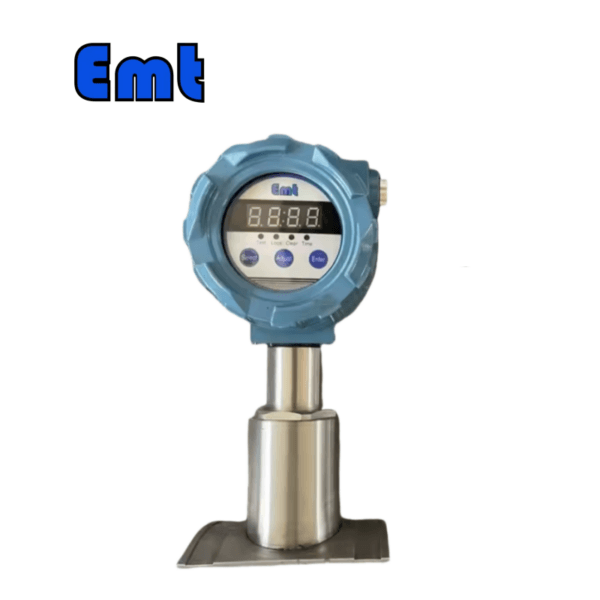
There are no reviews yet.